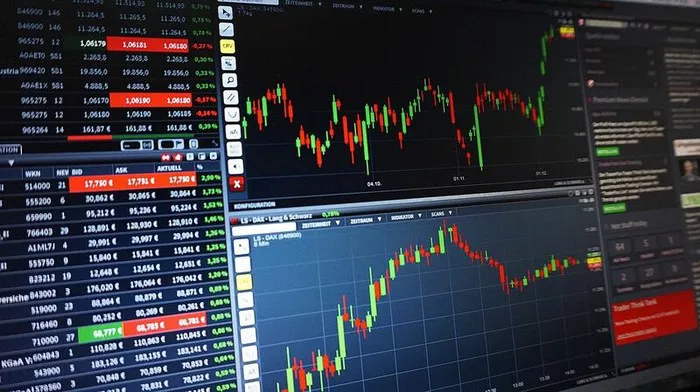Cryptocurrency futures contracts have become an integral part of the digital asset ecosystem, providing traders with opportunities to speculate on the future price movements of cryptocurrencies such as Bitcoin, Ethereum, and others. These derivatives contracts enable traders to hedge risk, leverage their positions, and gain exposure to crypto assets without owning them outright. However, like traditional futures contracts, crypto futures contracts have expiration dates, which can impact trading strategies and market dynamics. In this article, we delve into the concept of crypto futures expiry, exploring how futures contracts work in the cryptocurrency market and the implications of expiry for traders and investors.
Understanding Crypto Futures Contracts
Cryptocurrency futures contracts are financial agreements between two parties to buy or sell a specified amount of a cryptocurrency at a predetermined price on a future date. Unlike spot trading, where assets are bought and sold for immediate delivery, futures contracts allow traders to speculate on the future price of cryptocurrencies without owning them outright. Futures contracts are standardized and traded on regulated exchanges, providing liquidity, transparency, and price discovery for cryptocurrency markets.
The Mechanics of Crypto Futures Expiry
Crypto futures contracts have a finite lifespan, typically ranging from weekly to quarterly contracts, depending on the exchange and contract specifications. At the end of the contract period, known as expiry, futures contracts settle in one of two ways: physically or cash-settled. Physical settlement involves the actual delivery of the underlying cryptocurrency upon expiry, while cash settlement involves the exchange of cash equivalents based on the difference between the contract price and the prevailing market price at expiry.
Impact of Futures Expiry on Trading Strategies
Futures expiry dates can have a significant impact on trading strategies and market dynamics, as traders adjust their positions and strategies in anticipation of expiry. In the days leading up to expiry, trading volumes and volatility may increase as traders close out or roll over their positions to avoid physical delivery or cash settlement. Additionally, price discrepancies between futures and spot markets may arise as expiry approaches, leading to arbitrage opportunities for traders.
Rolling Over Futures Contracts
One common strategy employed by futures traders is rolling over contracts, which involves closing out an expiring futures position and simultaneously opening a new position in a subsequent contract with a later expiry date. By rolling over contracts, traders can maintain exposure to the underlying asset while avoiding the need for physical delivery or cash settlement. This strategy allows traders to extend their trading horizon and avoid the potential disruptions associated with futures expiry.
Managing Risks Around Expiry
Futures expiry introduces risks and uncertainties for traders, including price volatility, liquidity constraints, and counterparty risk. To mitigate these risks, traders may employ various risk management techniques, such as setting stop-loss orders, diversifying their positions, and monitoring market sentiment and news events leading up to expiry. Additionally, traders may choose to close out their positions well in advance of expiry to avoid potential disruptions and ensure a smooth transition to the next contract period.
Market Impact of Futures Expiry
Futures expiry dates can have a pronounced impact on cryptocurrency markets, particularly for heavily traded contracts such as Bitcoin futures. As expiry approaches, trading volumes and volatility may spike as traders adjust their positions, leading to sharp price movements and increased market activity. Additionally, expiry-related events may attract the attention of market participants and influence overall market sentiment, contributing to short-term price fluctuations and trading opportunities.
Regulatory Considerations
Regulatory oversight of cryptocurrency futures contracts varies by jurisdiction, with some countries imposing strict regulations on derivatives trading to protect investors and ensure market integrity. Regulatory authorities may require exchanges to adhere to specific reporting and compliance requirements, implement risk management controls, and provide transparency and disclosure to market participants. Compliance with regulatory requirements is essential for maintaining investor confidence and fostering a fair and orderly marketplace for cryptocurrency futures trading.
Conclusion
In conclusion, futures expiry is a fundamental aspect of cryptocurrency futures trading, influencing trading strategies, market dynamics, and risk management practices. Understanding the mechanics of futures expiry and its implications for trading is essential for navigating the complexities of the cryptocurrency derivatives market. By staying informed about expiry dates, rolling over contracts strategically, and managing risks effectively, traders can capitalize on opportunities and mitigate potential downsides associated with futures expiry. As the cryptocurrency market continues to evolve, futures expiry will remain a key consideration for traders and investors seeking to navigate the dynamic and fast-paced world of digital asset trading.


